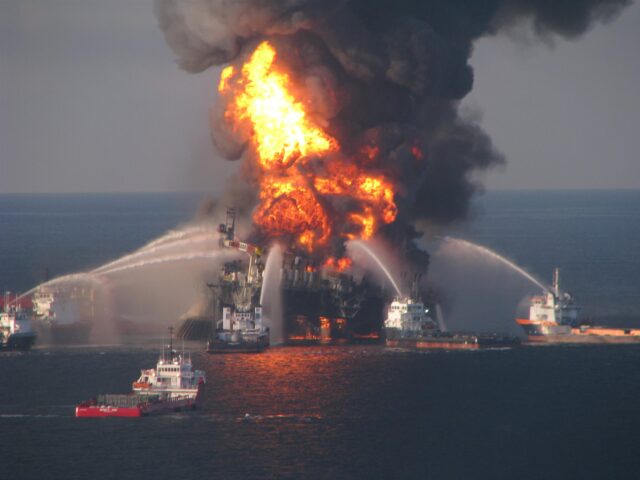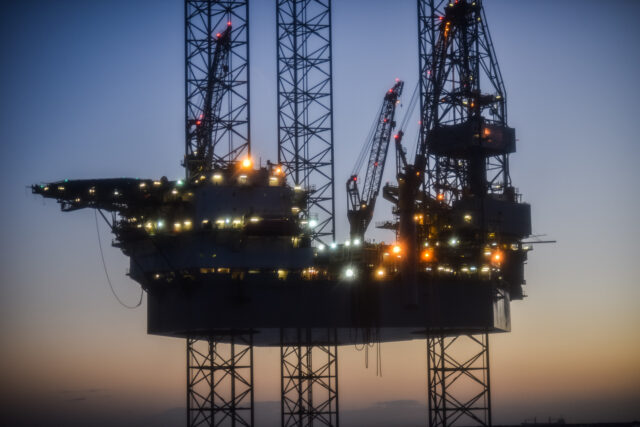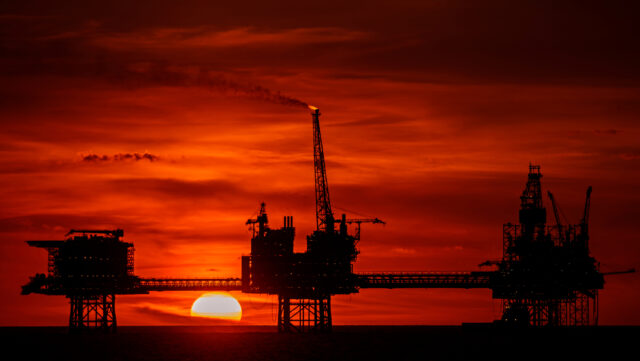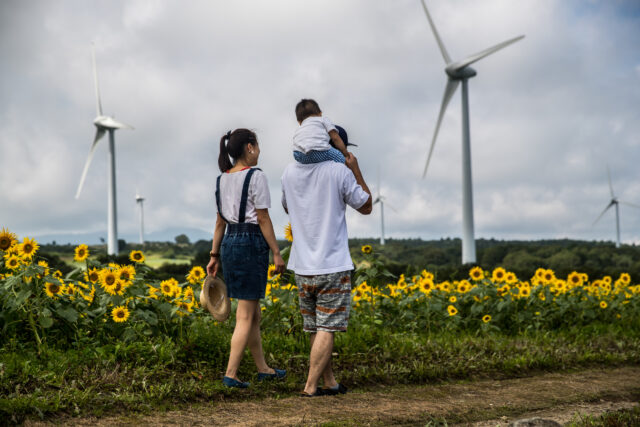
Coal – facts and information
Coal is the dirtiest, most polluting way of producing energy. It’s a serious threat to our climate and people’s health. Many countries have stopped or are in the process of stopping using coal completely, including the UK.
Coal is a non-renewable fossil fuel that’s burned to make energy. It’s cheap and plentiful, but it comes with great costs to the climate and people’s health.
When burnt, coal releases more carbon dioxide than oil or gas, so it’s by far the worst fuel when it comes to climate change. Coal also produces toxic elements like mercury and arsenic, and small particles of soot which contribute to air pollution.
It might be cheap, but the real cost of coal is too high.
What is coal?
Coal is a fossil fuel which is burned to make energy. It’s non-renewable, because it comes from plant matter that died hundreds of millions of years ago.
It’s a carbon-rich black or very dark brown rock. When it is burned, it releases energy and greenhouse gas emissions.
How is coal made?
Coal is formed from dead plant matter that’s been buried and subjected to geological heat and pressure over hundreds of millions of years.
While coal has been used for energy for thousands of years, in the late 1800s it became an important way to power the industrial revolution.
Coal mining
Coal is found all over the world. Coal mining can be done underground or from open cast mines.
Coal mining underground is dangerous for workers. Open cast mines are extremely destructive to the environment. Forests and other landscapes are destroyed, and mining waste pollutes rivers and fields.
Coal-fired power stations
Coal still powers the world – around a third of global electricity is coal generated. New coal power stations are still being built, mostly in Asia.
Despite global climate change commitments, many governments and countries are still backing coal. But this is changing.
China is closing coal power stations. But many countries are heavily dependent on coal, so coal power stations and mines are still being planned and built.
Clean alternatives to coal used to be really expensive. But these days, wind and solar energy are cheaper than energy from coal, so its much easier for countries to make the switch.
Coal in the UK
Coal use in the UK is plummeting and is being replaced by renewable energy like wind power. On top of that, the government has committed to removing coal from our power supplies by 2024.
Back in 2007, Greenpeace ran a campaign with many other groups against a major expansion of coal stations across the UK, including shutting down an existing coal station at Kingsnorth in Kent.
Using climate change as a defence the activists were acquitted by the jury. The scale of opposition from environmental groups and the British people derailed any plans for more coal.
The political momentum fed through to campaigns to close down existing coal stations. And at the 2015 election all parties committed to a closure of unabated without substantial efforts to reduce the emissions produced coal-fired power stations.
The last coal station in the UK is due to come offline in 2024. And so the birthplace of the industrial revolution will become the first major developed country to exit from coal power.



